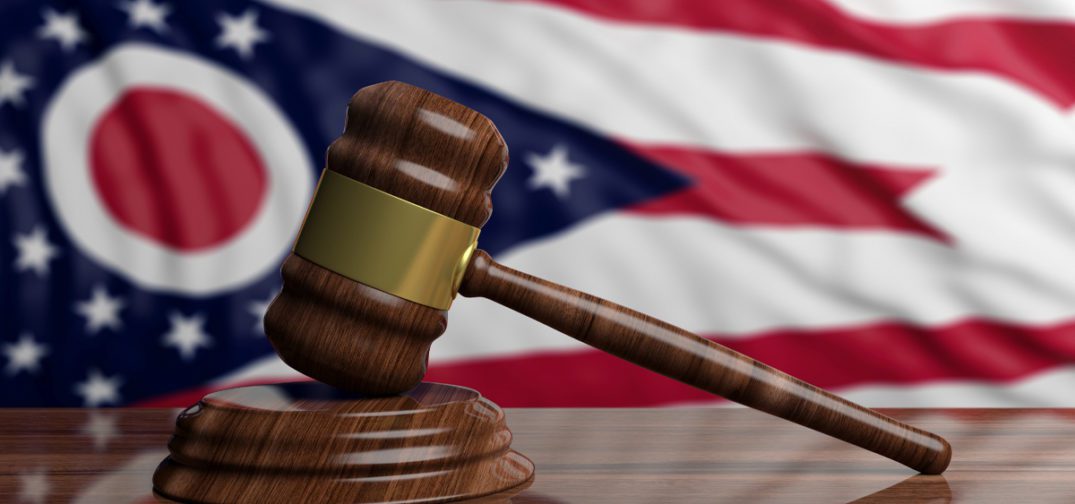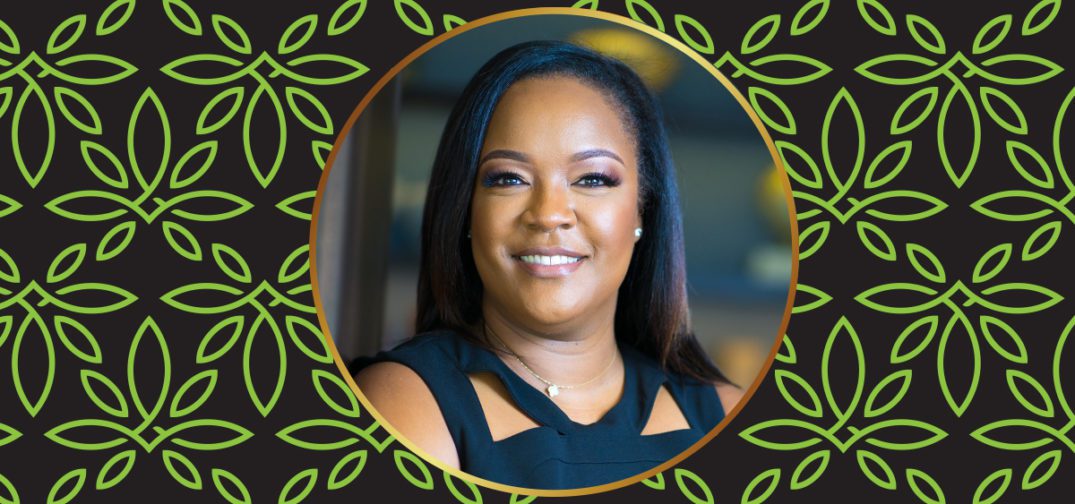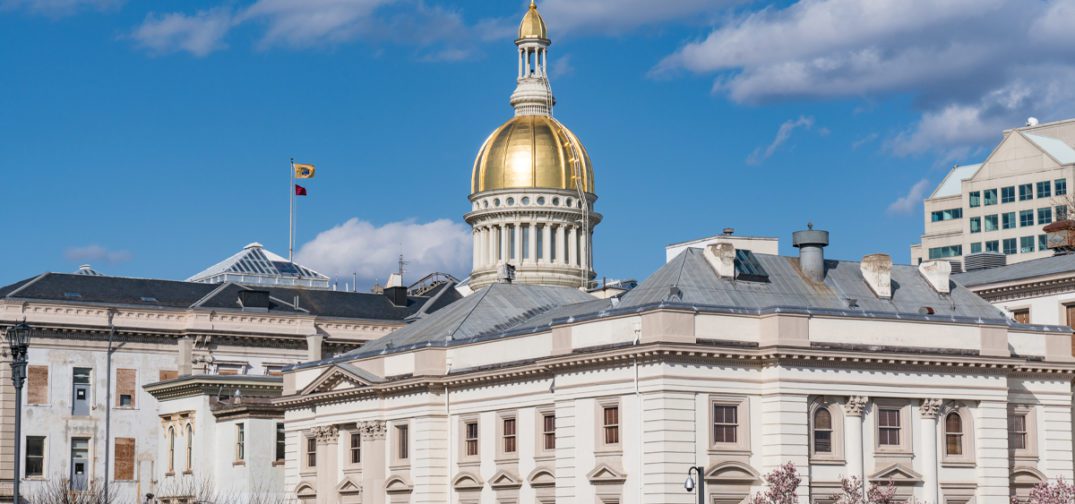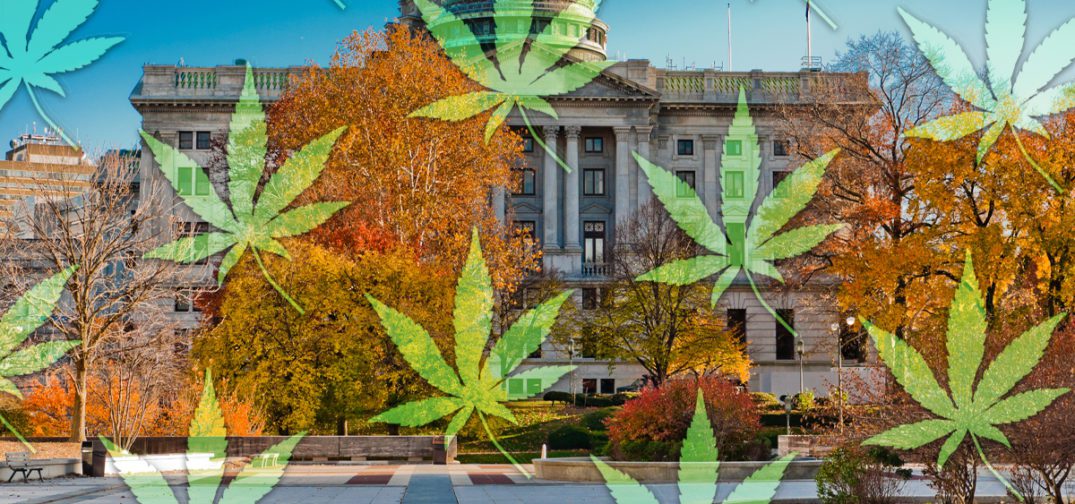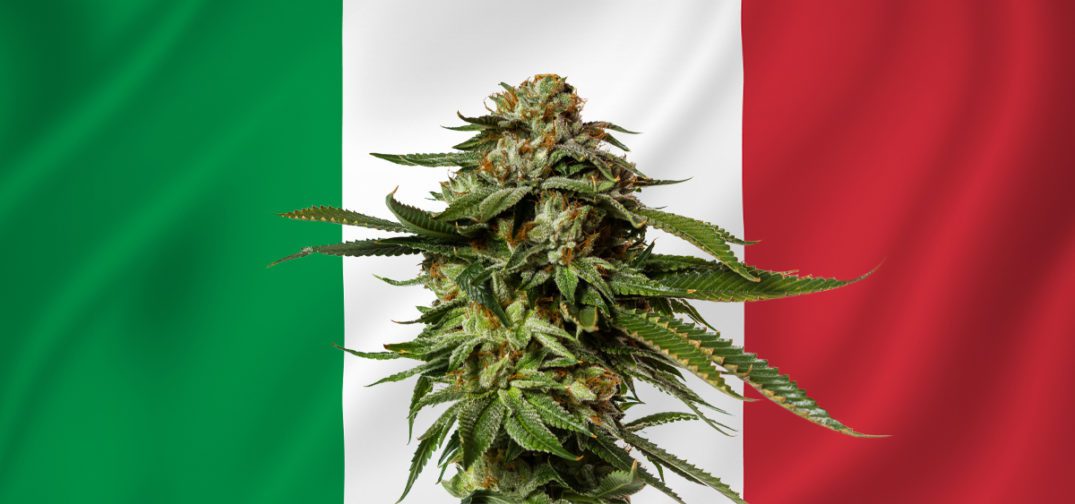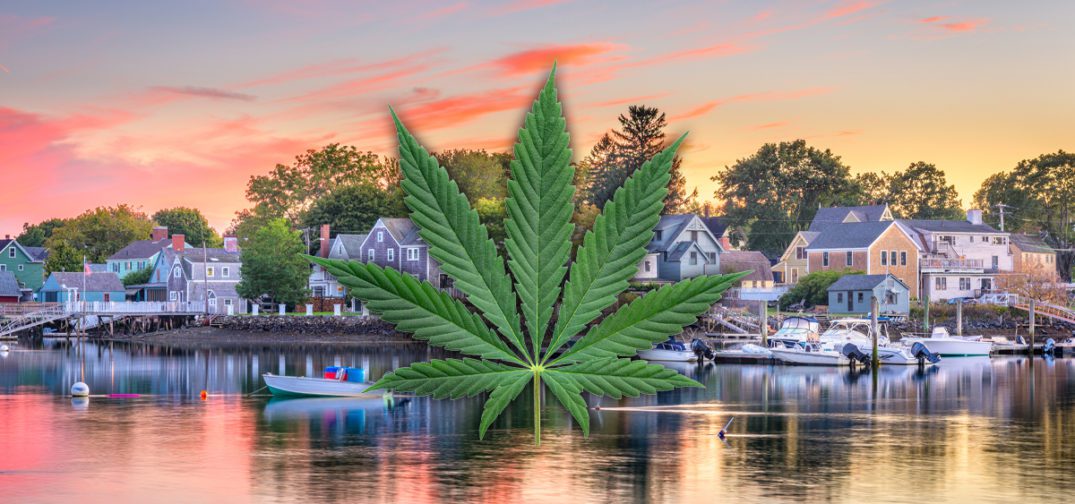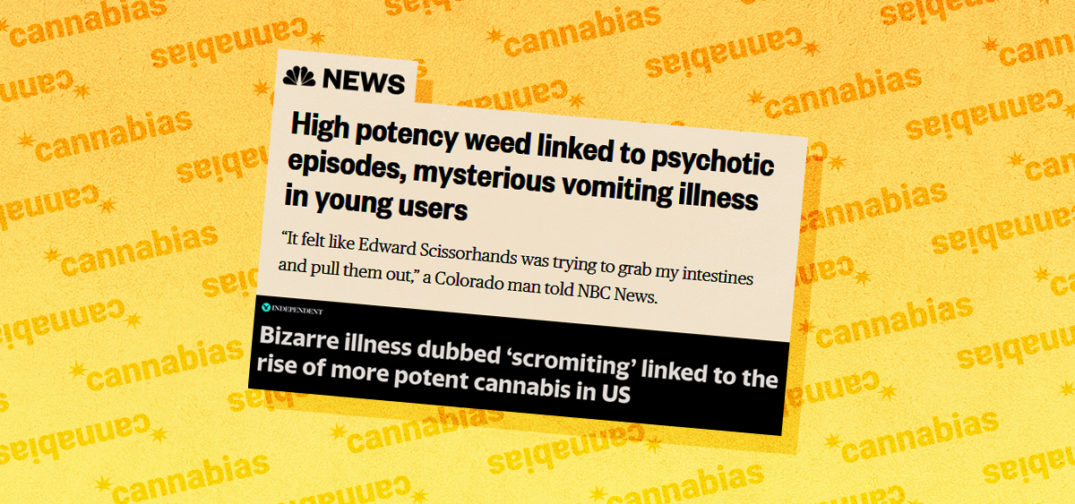Between ambitious entrepreneurs, investors, and a hungry consumer base, the cannabis space is chock-full of eagerness for this industry to succeed—but that energy has so far failed to cultivate an equitable and diverse space, which is unacceptable considering that the industry was built on the backs of social justice advocates and the over-incarceration of minority communities.
In this Q&A, we ask Kristi Price about her efforts through KRMA Media and the Black CannaBusiness brand to educate and inspire Black and Brown entrepreneurs who are considering entering the cannabis industry. We also discuss the upcoming Black CannaConference in New Orleans this November, The Black Fridays Podcast—which Kristi hosts to highlight successful BIPOC entrepreneurs and industry allies conducting equity work—and more!
Check out the full interview below.
Ganjapreneur: What career sector did you work in before moving into the cannabis space, and how has that experience helped as you build KRMA Media Inc.?
Kristi Price: Prior to cannabis I was a consultant in other previously prohibited/highly regulated industries of alcohol and tobacco. I also spent some time in the energy drink industry. There are certain nuances to doing business in highly regulated industries. We are limited in the ways that we can market so being creative and knowing how to create the box for others to think of it becomes a mantra. It’s not enough to just be creative, you have to introduce new concepts.
What inspired you to work in cannabis publishing and events?
I recognized that there was a void in both spaces of B2B content curated for people of color. I wanted to take the conversation about Black and Brown community beyond the social equity conversations and the “there are not enough people of color in the industry” statistics…I wanted to do something about it.
When did you found Black CannaBusiness Magazine under KRMA Media, and how does it serve the company mission?
I founded KRMA Media in February of 2019 and the Black CannaBusiness brand is our flagship. KRMA is an acronym for the four pillars of Knowledge, Resources, Minority Curation, and Allyship. These pillars are the foundation of everything that we do, and they are constant reminders of our mission to create a more inclusive industry while helping our allies to practice “actionable inclusion “ by providing them with an opportunity to build authentic relationships within the BIPOC cannabis community.
How do you choose guests for The Black Fridays Podcast? What topics do you and will you cover on the show?
The team and I keep our fingers on the pulse of the community to keep up with all of the amazing individuals and brands that are doing their part to build great BIPOC businesses. We also seek out industry allies that are leading the DEI charge through their equity programming and commitments. It’s important that BIPOC professionals are amplified as well as the organizations that are “walking the inclusion talk”…
Who makes up the target audience for the Black CannaConference, and what can they expect to gain from the event in New Orleans?
Our target audience is definitely BIPOC professionals, owners, and advocates. But we also target organizations that are seeking to create a more diverse workforce or developing initiatives that will level the playing field for people of color in the regions that they do business.
How many attendees and exhibitors are projected to attend?
We are expecting 2,000 attendees and over 100 exhibitors.
What kind of exhibitors will have booths on the expo floor?
Cannabis businesses, businesses that are adjacent to cannabis like wellness centers and salons.
Why was New Orleans the right location for this B2B conference? Will the event be hosted in more locations in the future?
The national conference will be held on NOLA every year. I chose New Orleans because it’s everybody’s favorite southern city that just happens to be predominately Black and Brown. It is also close to my alma mater and HBCU, Southern University, that happens to be leading the charge in cannabis education and awareness in the HBCU network and academia et large.
Why is it essential to provide an event like the Black CannaConference where Black entrepreneurs can connect and do business?
The Black CannaConference is essential simply because we are the first and only national event for people of color, so first it’s about representation in the professionals’ cannabis conference space. Events like this are critical to helping the BIPOC community network, learn and plan for the future of cannabis from a different perspective. It’s the only way to ensure that as a community, we are on the same page about what we hope to accomplish collectively and as individual professionals .
Are there any speakers in place yet for the 2021 CannaConference? Where can people apply if they’d like to speak?
We will have over 40 speakers speaking on topics ranging from Cannabis 101 to Dispensary operations and everything in between. From seed to sale we will have dynamic speakers presenting on business topics, agricultural and hemp, technology, Black politics, and cannabis policy, raising capital, and more. We have 6 powerful keynote speakers: Wanda James, Al Harrington, Dr. Chanda Macias, Karim Webb, Dr. Rachel Knox, and Jesce Horton.
What topics will speakers cover for the 2021 conference? Will the programming be relevant to a nationwide audience or be regional?
The topics that will be covered will be a mix of regional and national content. We have 10 “focus” areas found on the site: https://www.blackcannaconference.com/program-overview/.
Are there any after parties or networking events planned for the conference weekend?
Yes, we do not have the final list but there will be a VIP reception on the day before the conference, November 17th, and a leadership breakfast for equity non-profits and associations on November 19th.
How can allies best support the conference and magazine?
The best way to support the conference and the magazine is by connecting with us and letting us know that they are interested in partnering with our efforts through sponsorships and advertising. It’s also important that allies support us through sharing our mission with like-minded organizations.
Thank you, Kristi, for answering our questions! To learn more, visit BlackCannaBusiness.com.




